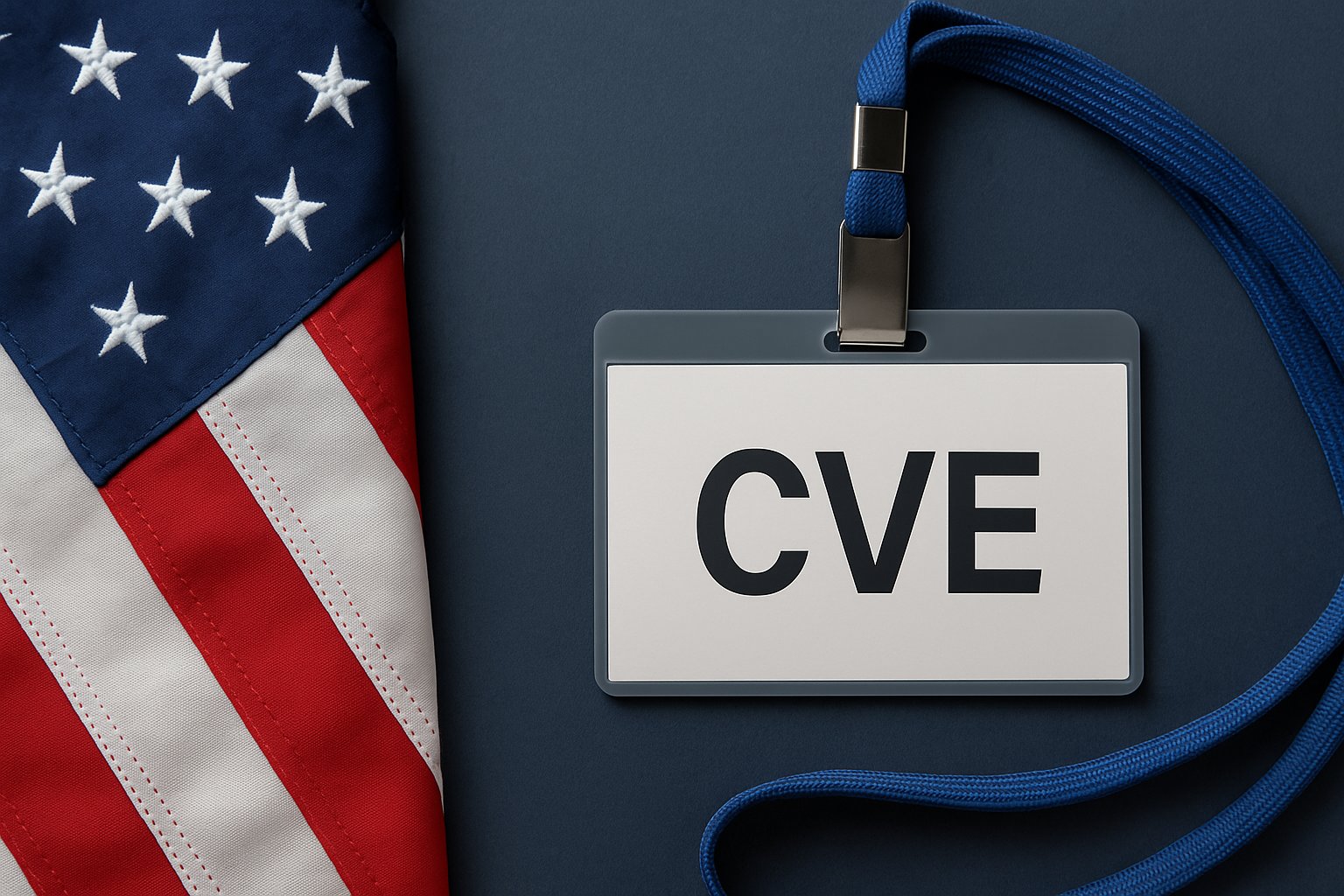funding
-
Future of CVE Program in Question Amid Funding Concerns
The Common Vulnerabilities and Exposures (CVE) Program is at a crossroads as funding concerns arise, prompting discussions on its future management and governance amidst a backdrop of rising vulnerabilities.
-
US Government Agrees to Continue Funding CVE Program Amid Concerns
In a crucial move for the cybersecurity sector, the US government has agreed to extend funding for the Common Vulnerabilities and Exposures (CVE) program amid concerns over its future. Following MITRE’s announcement that federal support was about to end, this extension ensures the continuity of CVE services, which are pivotal in identifying and managing technology…


